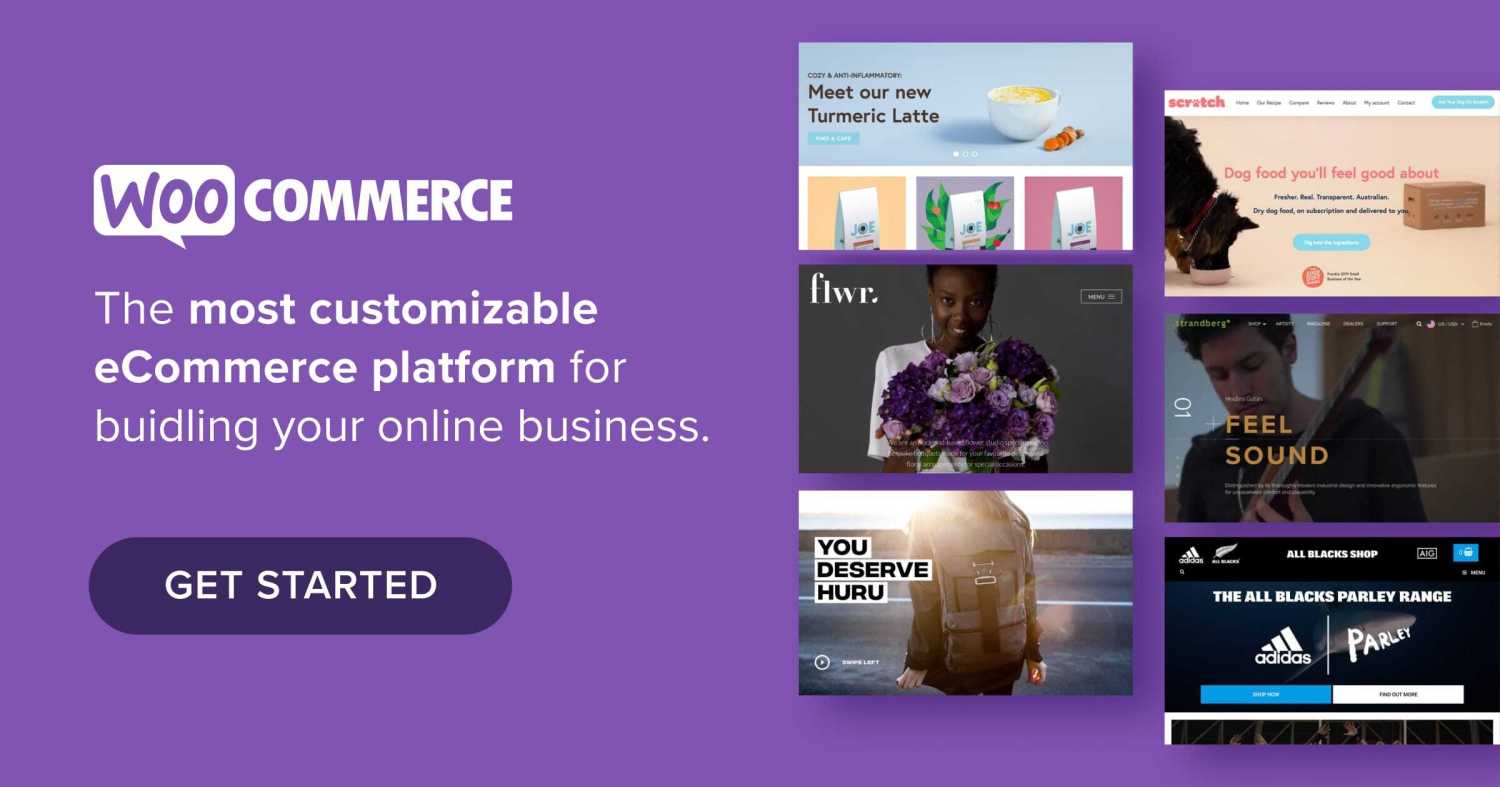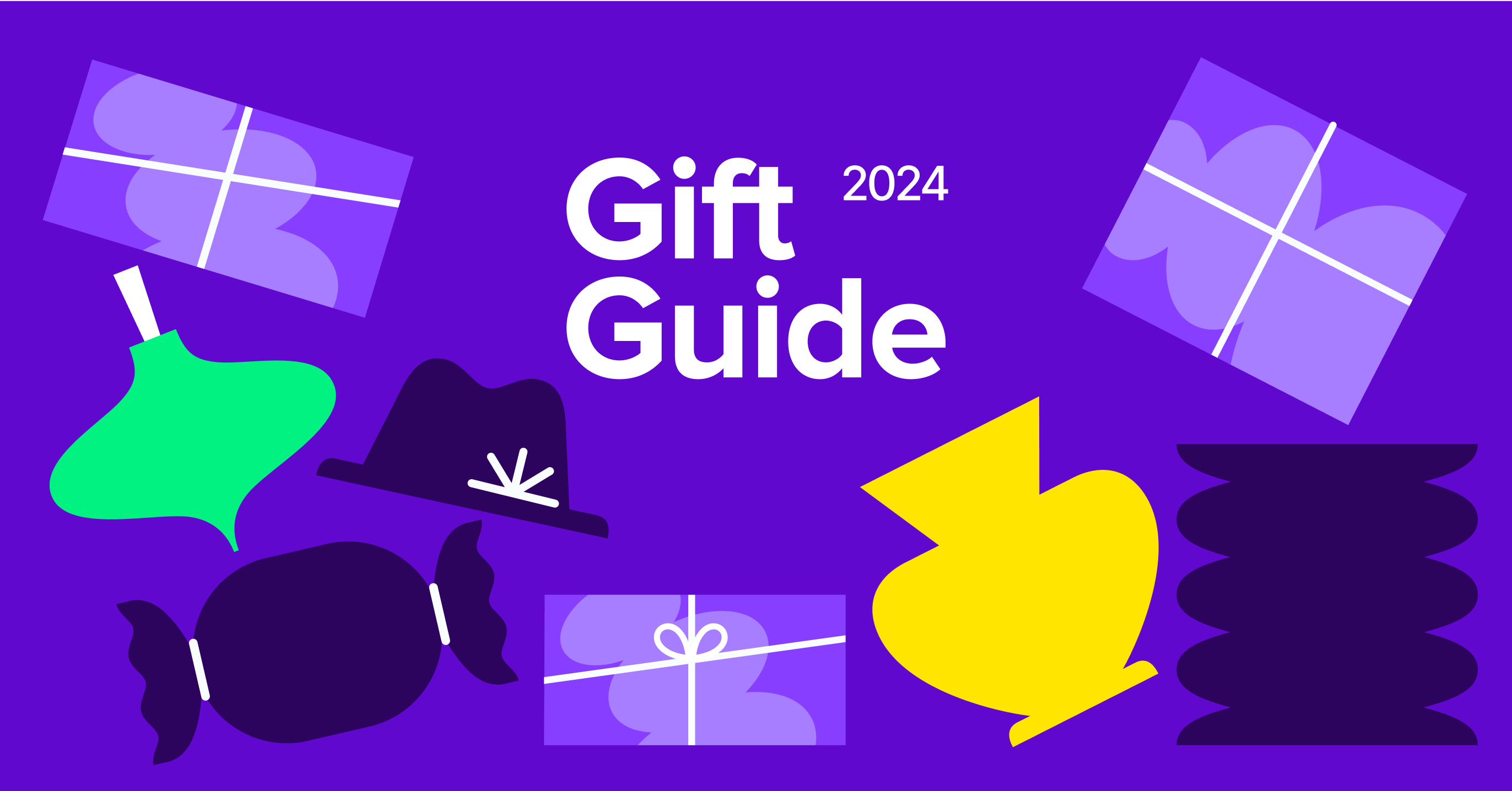With consumer spending on the rise at the beginning of the year, and online shopping continuing to grow across all demographic groups, merchants face both more opportunity and more competition for the consumer’s dollar. That means looking for new ways to meet consumer needs and giving them more reasons to shop your brand or site. A great place to start is the checkout process — identifying opportunities to both streamline this important last step in the sale and provide payment options for your customers that will enhance their experience.
One trend that has quickly grown in popularity for online purchases is the “Buy Now, Pay Later” (BNPL) option at checkout. BNPL is an alternative payment method that allows shoppers to break up the total cost of their purchase into affordable installments that are spread out over time — in some cases over a few weeks, and in others over multiple months.
Buy now, pay later is on the rise
↑ Back to topMore consumers are now taking advantage of pay-over-time options when they are available. In 2023, online merchants saw a significant increase in purchases made with BNPL, with volume up 42.5% year-over-year. As a result, BNPL put some $16.6 billion in sales onto merchant books in the last two months of 2023 alone — a trend that Adobe projects will continue through 2024.
Roughly 93.3 million consumers are expected to use BNPL in 2024, according to EMarketer, and American Banker reported that the BNPL market in the US could reach as much as $8.3 billion by 2028. BNPL is also being adopted more and more by online retail giants, like Amazon, — further accelerating its growth and making the option far more familiar to consumers that shop online.
That makes BNPL an option that merchants can’t ignore as they compete in an increasingly crowded online marketplace.
Offering buy now, pay later: Things to consider
↑ Back to topAdding BNPL options at checkout sooner rather than later gives merchants more opportunity to capture new customers and build an ongoing relationship.
For merchants that don’t yet offer a BNPL option at checkout, this could be the ideal time to add one to the mix. For merchants who do offer it, making the BNPL option more prominent on their website, particularly at checkout, or advertising its availability through marketing, may help further differentiate their brand and enhance the shopping experience for their customers.
The more visible the BNPL option is on a merchant’s site, and the sooner they market the option through email and social channels, the more likely customers will want to learn more — helping the merchant bring shoppers to their site to close the sale.
BNPL can help merchants expand their appeal to customers who want to make a purchase today, but also want to manage their cash flow without using credit. With the ability to split the total cost of a purchase into, say, four interest-free payments every two weeks, consumers can get what they need without delay. Some BNPL providers, such as Affirm, also offer longer term options of several months up to three years for large carts and high-ticket items.
While adding yet another payment type to the back end of an ecommerce website might seem daunting for smaller merchants already pressed for time, there are options available with quick and easy implementation that can streamline the entire process for the merchant. For example, merchants can often take advantage of pre-built ecommerce integrations, like the Affirm Payments extension for WooCommerce, to easily add BNPL options to their existing checkout experience.
The upside of offering buy now, pay later on your Woo store
↑ Back to topWhat benefit does a BNPL integration offer? For one, using an integration streamlines the purchase process for the growing number of customers who prefer to pay over time. Keeping consumers on your site and moving towards checkout is also important, especially with younger consumers who have grown up with online commerce. In fact, the National Retail Federation reports that nearly half (46%) of Gen Z respondents consider a seamless checkout process critical to their shopping experience.
An important consideration for the integration is the experience for the shopper. It’s important that the customer can view their payment options and go through the approval process without being required to navigate to a separate website. By using a pre-built integration, merchants make the process as direct and painless as possible for the shopper, so the choice doesn’t get in the way of the sale.
A seamless checkout experience can also help reduce cart abandonment. A recent Baymard Institute metastudy of 49 reports found that the cart abandonment rate still hovers around 70 percent, and hasn’t changed markedly in a decade. Among the top reasons for abandonment: A checkout process that was too lengthy or complicated (22% of cases) and the site did not offer enough payment options (responsible for 13% of cart abandonments). With a tightly integrated BNPL solution, merchants can address both of those customer concerns at once.
How to choose a buy now, pay later provider
↑ Back to topSelecting a BNPL provider that aligns with your business needs and customer expectations is an important consideration to find the right fit. For example, Affirm provides custom payment solutions for merchants — these can include short- to long-term and 0% APR options. By offering payment options that align with customer needs and typical price points, merchants can increase affordability for shoppers and potentially win a sale over a competitor.
Another feature unique to Affirm is their Adaptive Checkout technology, which dynamically offers the most relevant payment options for your shoppers based on each item’s price point and the total cart value. With personalization the name of the online game, Affirm tailors the term duration and APR for each purchase — delivering several relevant pay-over-time options to the customer, in one frictionless experience.
How do you let your current and potential customers know about the BNPL option before checkout? Depending on your target market, you may want to consider promoting it via social media platforms. Retail Dive reports that 85% of customers’ buying decisions are influenced by social media, so advertising the availability of BNPL on those channels could be a competitive edge. And if you’re targeting Gen Z, know that 45% of respondents named TikTok and Instagram as the top platforms influencing their purchasing decisions.
With summer often a slower time for businesses, there’s an opening for merchants to focus on getting BNPL up and running on their site, before the Back to School rush signals the beginning of the busy months leading up to the winter holidays. It offers a chance to make thoughtful decisions about vendors, smooth out any technical issues, and ramp up a solid marketing campaign announcing the addition of BNPL as a new payment option available at checkout.
Offering a BNPL option at checkout and announcing it on social media could be a game changer for merchants looking to capture more online spend—and outplay the competition.
Ready to add flexible payments to your checkout? Apply for Affirm to get started and use the Affirm Payments extension to offer pay-over-time through your WooCommerce checkout.
—
*Payment options through Affirm are subject to an eligibility check, may not be available everywhere, and are provided by these lending partners: affirm.com/lenders.
About




